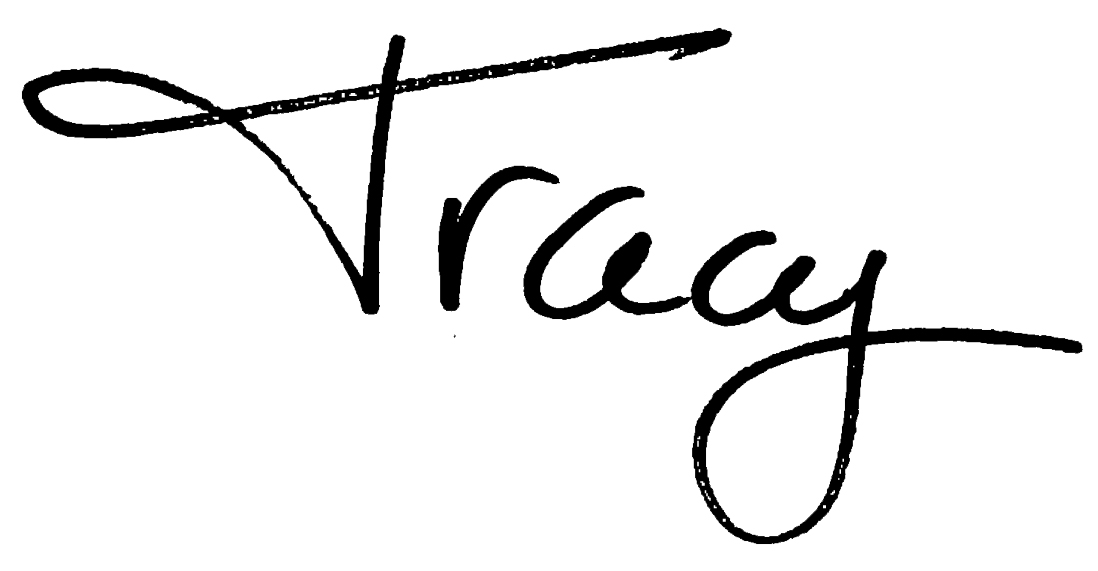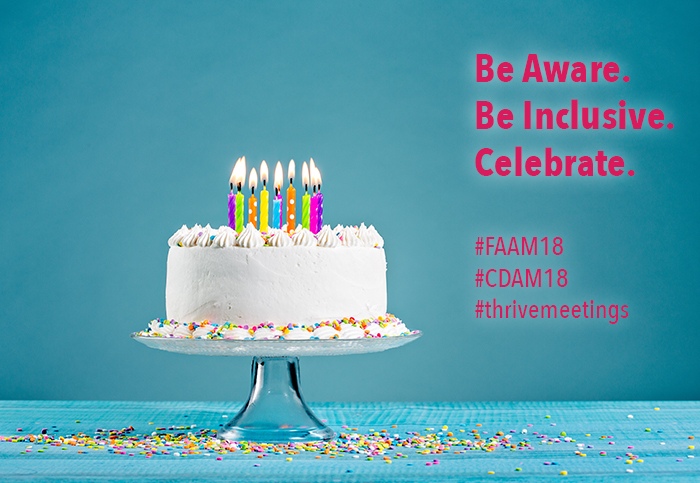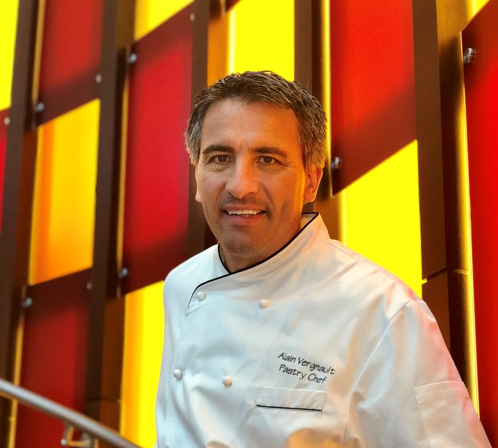As I sat down to write this month’s newsletter with a focus on Food Allergy Awareness Month (#FAAW18) and Celiac Disease Awareness Month (#CDAM18), I remembered that May is also the anniversary of my company. Happy 8th birthday to thrive!
How apropos that I officially opened thrive! in the month that also celebrates and raises awareness of food allergies and celiac disease, two of the many dietary needs that I advocate on behalf of so individuals with them can eat safely and feel included where they eat.
Eight years ago I wasn’t aware of the annual celebrations, I just knew I wanted and needed to start my business with this focus. I’m very proud of what I’ve accomplished thus far, but there is so much more work to be done.
To help celebrate and advocate, I’m excited to announce the release of my second book, You@Work. Co-authored with 14 other leading human resource and organizational development experts, You@Work discusses how to unlock human potential in the workplace. My chapter, “Diversity & Inclusion: What’s Food Got to do With it?” explores how an employee’s (or a meeting attendee) productivity, level of participation and feeling of inclusion can be impacted by the food and beverage being offered in the workplace or a meeting.
Doing research for the chapter, I received many stories – good and bad – about how organizations handle dietary needs and how it influences the perceptions of their workplace and their employees’ sense of belonging. When I asked what do you want others to know about your dietary need(s), here are a few of the comments:
“Ridicule from boss (about my allergy to wheat and milk) is unnecessary, but he thinks he’s funny.”
“I don’t bring it up because I don’t want to be seen as different.”
“I wish our cafeteria would list ALL ingredients, not just the common allergens. They only list gluten, soy, and dairy, but I can’t eat bell peppers or corn, which frequently get snuck into foods.”
Talking recently with a corporate employment lawyer, I asked about his thoughts on dietary needs in the workplace. He said, “Of course we will provide for them. Just like any disability. Why wouldn’t we?” I am happy he’s on board and believe most employers desire for their employees to feel safe in their work environment, but are we ready to embrace the challenges and the education needed to ensure it?
As I enter my ninth year of business, I remain steadfast in my (our) commitment to ensure that we nourish our employees and attendees’ well-being with safe and inclusive food and beverage. The challenges can be met, but it takes continuous education, awareness, empathy and guidelines to create safe and inclusive food and beverage environments.
I’ve said this many times before, some of the best ways to meet the needs of our employees and attendees is to first ask if they have any needs and then clearly and accurately label all food being offered, avoid cross-contamination in the kitchen and the front of the house, and educate and train your staff.
You can also consider adding meal cards as a way to encourage discreet, safe communication practices and/or hire thrive! to oversee your Menu Management or serve as your Culinary Concierge.
Wishing you the best and the opportunity to eat well,




